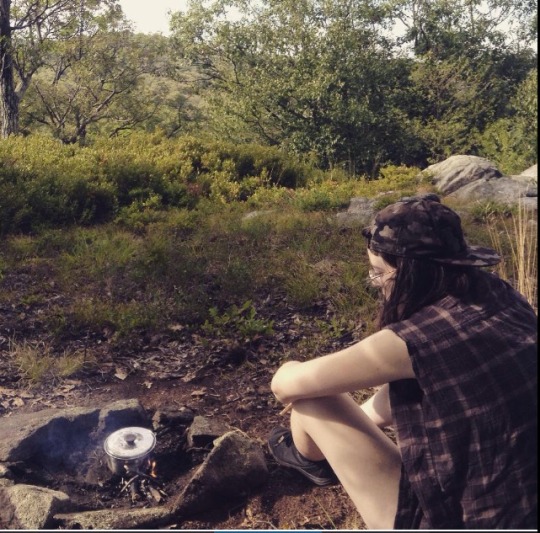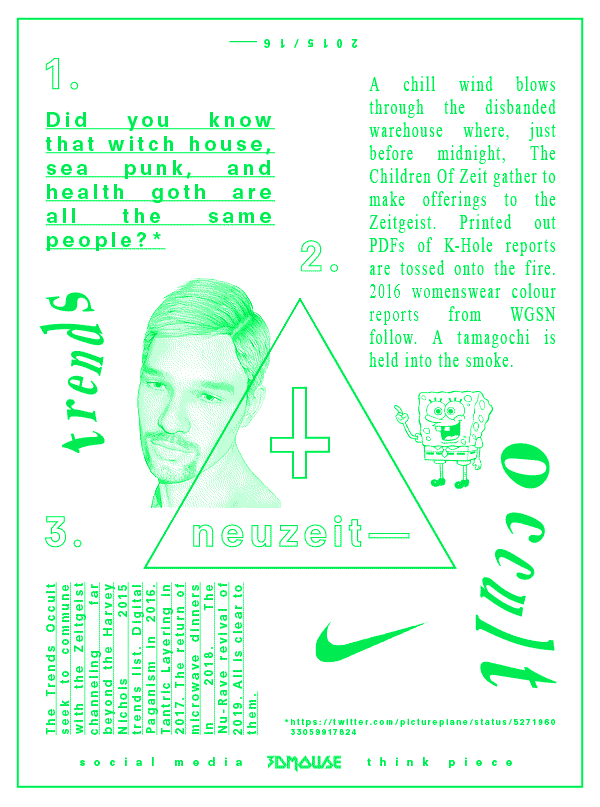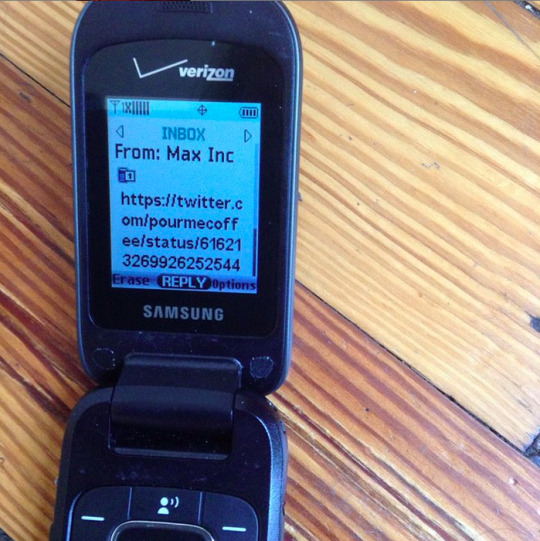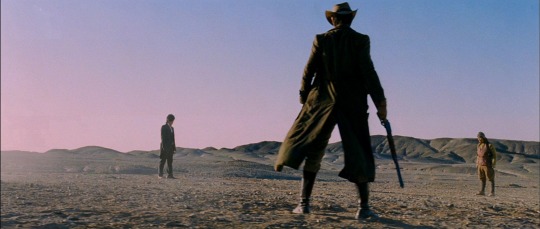Text
Recently:
I wrote about the mega-invasive kudzu vine, which I have had a weird obsession with since I drove to New Orleans in January; interviewed people about how AI and automation are affecting so-called creative industries like video game design and art marketing; and had a lot of feels about how people feel about my flip phone.
Also, camping: on the beach and on top of a mountain in Tuxedo New York, a fine town.

1 note
·
View note
Text
From experience I can say that there are more appropriate, and more productive, ways to come face-to-face with our magnificent insignificance than stealing a piece of the moon.
Respectfully disagree, but.
0 notes
Photo
THE ONLY REVIEW OF THE NEW MUSEUM TRIENNIAL THAT MATTERS

32 notes
·
View notes
Text
Oh right! Some things recently:
For Pacific Standard, a eulogy for former Providence Mayor Buddy Cianci's political career, and a few thoughts on why we elect corrupt politicians (spoiler: it's cause everything is basically broken and most people know it).
And then at Vice, an interview with a J-pop supergroup made up of people pretending to be mannequins pretending to be people... staging some sort of doll revolution? I'm not quite sure either but they do have some killer choreography.
0 notes
Text
Netflix—literally just Netflix, that’s not a euphemism for “streaming” or anything—accounts for a third of all the bandwidth on the Internet during peak hours, almost triple that of its nearest streaming competitor, YouTube (which still resides, at best, in the minor leagues of mainstream culture, graduating a star every so often). No wonder people are paranoid that anything that isn’t on Netflix will basically cease to exist in the cultural memory; no wonder that Netflix announcing the addition of Gilmore Girls or Friends to its library can become, like, a week-long mini moment, with culture blogs promptly churning out suggestions on how to properly binge-watch them and lists of best episodes. This isn’t just being available to stream—it’s basically coming back to life. No wonder, too, that HBO (and Amazon, and Canada’s cable companies) are finally trying to get in on it: If we’re only watching Netflix, we’re eventually going to run out of people to tell you how good The Sopranos was. In the long run, culture is as much defined by access as quality.
There Has Never Been Another Time to be Alive, Hazlitt
0 notes
Photo

An abandoned grade school in La Prairie Center, Illinois, used as a polling place in 1973. Photo: National Archive via Paris Review
0 notes
Text
Not too long ago I reviewed Birdman, which was an insanely difficult thing to do. By now, if you’re interested in such things, you’ve likely heard that it’s a fantastic, formally impressive, expertly acted movie, which it is. But unfortunately it’s easy to write about things that are mediocre, and fantastically difficult to write about anything that’s truly great. And it isn’t just an issue of doing the thing justice—which is actually a joke in the first place, when you think about the labor required to, say, throw together 1,200 words in comparison to the months of work the production crew and actors and directors, and in this instance three separate co-writers, put into the film.
Really we “reviewers” hide behind the illusion that humans possesses the power to be objective about art, or even left-brained enough to tease out a story’s knots while still being completely enraptured by it. I saw that movie at 10AM on a Saturday and it delighted me. I was delighted by every camera swoop and delighted, still, when the credits rolled. I was so delighted when I saw it, in fact, that I walked straight out of the theater and through Central Park, gazing up at the building around me with the kind of affection reserved for the New York that’s portrayed on film, though certainly not the one we live in. It was embarrassing, to be so delighted by Birdman.
Anyway! Despite being basically dazzled into submission I wrote the review eventually, and I put it on the internet, and you can read it right here if you’re so inclined.
One thing that couldn’t really make it in there, though, was that it only took five minutes, once Edward Norton entered the picture, to recognize just how underutilized he’s been—which is sort of odd, given that the dude has been in a handful of great movies and is widely recognized for the damaged brilliance and masculine ennui he’s donned expertly for most of his career. Recently Terry Gross interviewed him for NPR, and they spoke a little bit about his characters being classic “crusaders”—whether for comic or dramatic effect, self-serious but slightly unwell people too smart or too genuine or simply too intense for their own circumstances. I didn’t fully recognize that Norton archetype until I got around to watching 1998’s Rounders recently, where he plays opposite Matt Damon (I mean if anyone should make a sequel, come the fuck on guys); there his character is a straight-up dirtbag, and it’s jarring to see him without the unflinching moral compass that makes him such an effective anti-hero.
He plays the same sort of moral asshole in Birdman, but as Kevin Lincoln, who is perhaps one of the only people in the country who disliked this movie, correctly notes, Norton’s ping-ponging range within Iñárritu’s hyper-controlled movie is stunning: “In 90 seconds, Norton runs through a Crayola box of tones and emotions, jumping between Shiner and Shiner’s character in the play like he’s changing shirts,” he writes. Earlier in his post on the movie, Lincoln identifies Norton as the once-“avatar of Generation X’s weird importance and self-loathing” in movies like Primal Fear, American History X, and 25th Hour; what was it, he wonders, that prevented Norton from being recognized as a truly great American actor until now? For Lincoln, some of Norton’s smaller parts—and the whims and schedules of the industry—seem to be the issue, but for a nice discussion of Norton’s eclectic and sometimes dull mid career I’d recommend the NPR interview, where Norton talks about his love for Wes Anderson’s idea of the adopted family and how he based his character in Death to Smoochy on his “good friend,” Woody Harrelson. Yup.
0 notes
Photo
Someone gave me the keys to thisistheverge dot tumblr dot com

942 notes
·
View notes
Quote
51 Astor, a new building on the eastern edge of Astor Place in New York City, looks like something Will Smith would kill in a movie....
Fully Operational, TNI
0 notes
Quote
Spike Lee, though: there’s a guy who would make sure his productions don’t perpetuate unfair labor practices that effectively bar the poor from breaking into the entertainment industry and that place at a distinct disadvantage those (disproportionately women and men of color) who don’t have enough money to devote time to a job that won’t help them pay the utility bill. Right?
Charles Davis, The Baffler
0 notes
Photo
unreal

Is this the world’s newest type of cloud?
11K notes
·
View notes


